When you experience pain in your tooth and are pretty sure it is because of a cavity, several questions start to erupt in your mind: Will it get better on its own? How do you know if your cavity is deep? What happens if your cavity is left untreated? How do you stop cavities from growing?
At Monica Crooks, we can help you understand what cavities are and the consequences of leaving them untreated.
Definition: What is Cavity?
Common Signs Of Cavity
A cavity is a small hole in your tooth that grows bigger over time, which is caused by enamel erosion by the action of acid-producing bacteria on your teeth.
Our enamel loses minerals every day when we eat. Since this loss is minimal, the body is capable of remineralizing the enamel. However, poor oral hygiene and diet can lead to bacterial colonization in your mouth, resulting in loss of enamel and the resulting cavity.
One of the most common questions that people ask is: “Do cavities cause permanent damage?” The thing is that cavities themselves are permanent damage! Once the enamel is gone, it will not regrow, and the cavity will slowly eat into your teeth and reach the nerve, causing significant damage to your teeth, resulting in pain.
How Do You Know If a Cavity Has Reached the Nerve?
Initially, cavities do not cause pain, which makes people think that they do not need treatment. However, if left untreated, the bacteria will slowly but steadily eat into your teeth until it reaches the inner pulp chamber. This pulp chamber consists of the tooth nerve, blood vessels, and soft tissue that keep the tooth alive. If left untreated, bacteria may reach the tooth nerve, and not only will the nerve be exposed to air, it will also become inflamed, which will result in severe pain. By this time, the only treatment option left is root canal therapy to save your tooth.
How Many Cavities is Normal?
On average, adults between the ages of 20 and 64 have 3.28 damaged or missing teeth due to tooth decay. Typically, there are 4 to 10 cavities in people of all ages on average. However, with good oral care, you can reduce this number.
What Happens if Cavities are Left Untreated?
Some people who have cavities with not associated pain discredit the seriousness of the situation. However, this sort of blissful thinking has resulted in some unnecessary painful experiences. Here are some dental problems caused by cavities if you ignore them.
Your Cavity Will Grow Bigger:
The longer you wait to get your cavity filled, the larger it will get. A small cavity can compromise the structural integrity of your entire tooth, make it hollow, and make it prone to cracks, chips, and fractures.
Your Tooth Will Get Infected:
Once the cavity reaches deep enough to access your tooth chamber, it will cause an infection in your dental pulp. Moreover, the bacteria will reach the tip of your tooth root and create a dental abscess, which may be visible in the form of a small pus-filled blister on the gums around the teeth. Tooth infections are not just excruciating, but they can also result in a high fever.
You Will Require a Root Canal:
Only root canal therapy will save your tooth once the infection reaches your dental pulp. This procedure requires making a small hole in your tooth, taking out the diseased pulp and tissue, disinfecting the chamber, and then sealing it to prevent re-infection. Since your tooth pulp is removed, your tooth will become dry and brittle and will be more prone to fractures, which is why we will place a dental cap on top of the weakened tooth.
You Will Require a Tooth Extraction:
Sometimes, your cavity grows so big that it destroys too much of the structure of your tooth. In this case, even root canal therapy may not be able to save your tooth, and your tooth will have to be removed.
Your Overall Health Will Suffer:
If a cavity is left alone too long, it will develop a dental abscess and severe infection that can make you ill. In the worst-case scenario, the bacteria will enter your bloodstream and spread to other parts of the body, leading to life-threatening sepsis. Although chances of sepsis are not too high, you must get your cavity treated before your oral health suffers irreparable damage.
How Do You Stop Cavities From Growing?
If you already have developed a cavity, the only way to stop them from growing is to get a cavity filling.
Dental Fillings:
Dental fillings are made from silver amalgam alloy or composite resin. Dental fillings are placed tightly so that they completely fill and seal the cavity in your teeth. Keep in mind, though, that filling is only effective for minor cavities. If your cavity is more extensive, you may have to undergo a root canal treatment.
At Dr. Monica Crooks, we recommend good dental habits to prevent getting cavities in the first place. Here is what you can do:
-
Brush twice a day carefully. It is even more important to brush diligently to prevent developing even more cavities if you have cavities. Focus on your cavities when brushing and try to remove any food particles from them.
-
Floss your teeth. Tiny food particles and fibers can dislodge between your teeth. A cavity between teeth may be invisible to you, so you may not notice it until it starts causing you pain.
-
Keep well hydrated. When your mouth is dry, it allows bacteria to accumulate and increase the risk of tooth decay and gum disease.
-
Suppose you are at high risk of cavities. In that case, we recommend you get fluoride treatment that can reinforce your enamel and dental sealants that serve as a physical barrier between bacteria and your teeth.
-
Also, limit your intake of sugars, which produce acids, which can also weaken the enamel.
-
Make sure you keep your 6-monthly dental checkup with Dr. Monica Crooks to ensure no dental issues slip through the cracks.
Although a small, painless cavity may not seem like a big deal to you, you must get it treated right away so that it does not turn into a more significant issue. If you are concerned about your dental health, visit Dr. Monica Crooks today or schedule an appointment with Dr. Monica Crooks by calling (916) 922-2027.
Check Out: 5 Major Signs and Symptoms of a Tooth Abscess And Its Treatment




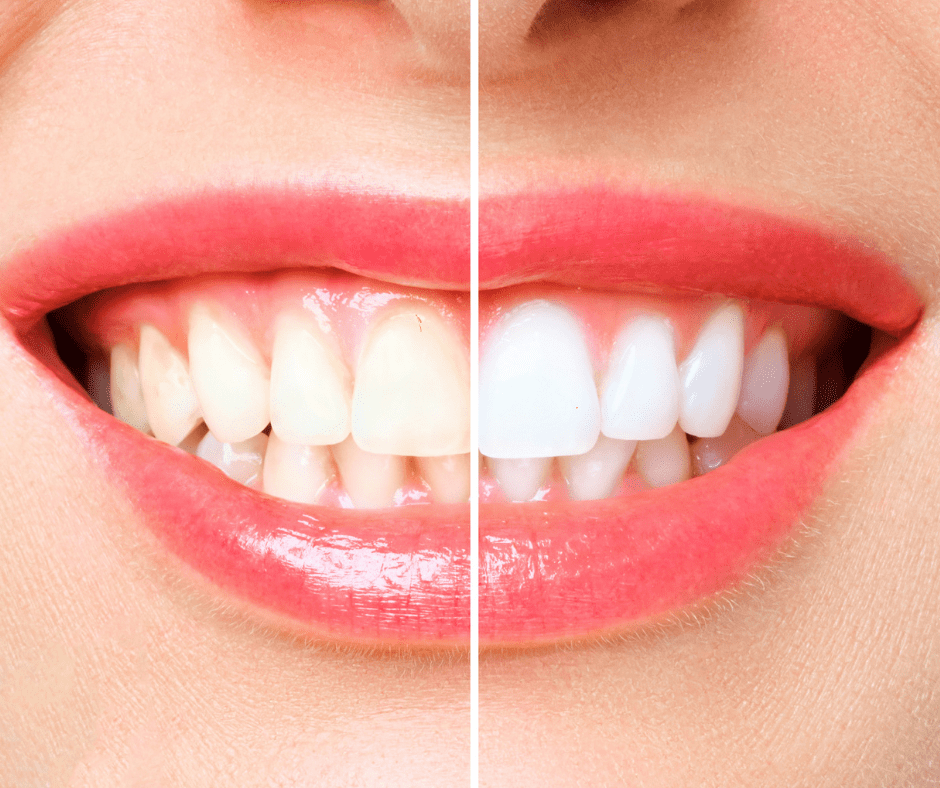
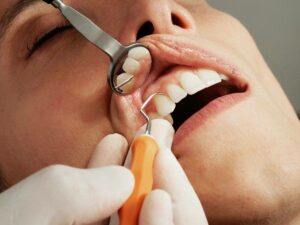



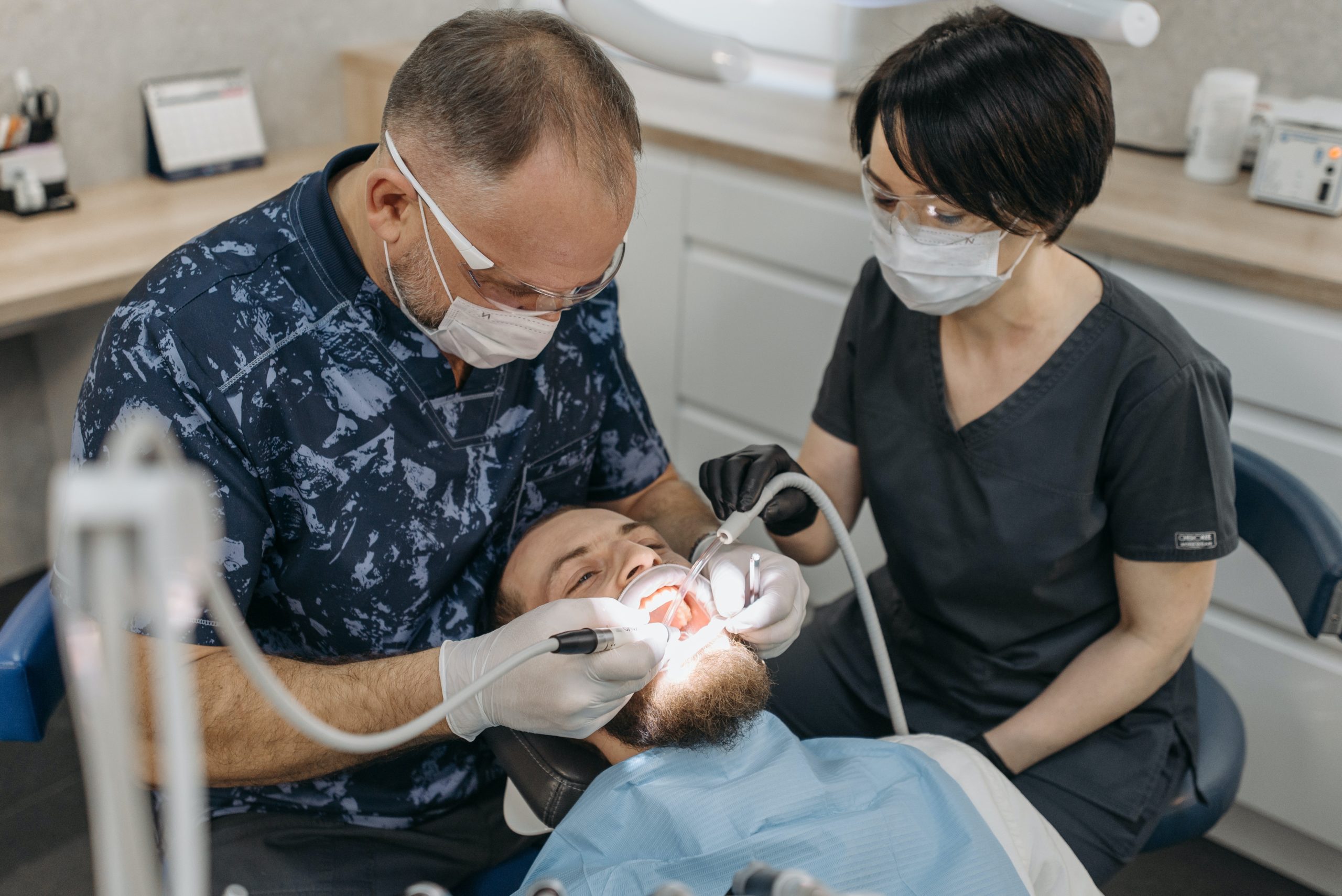
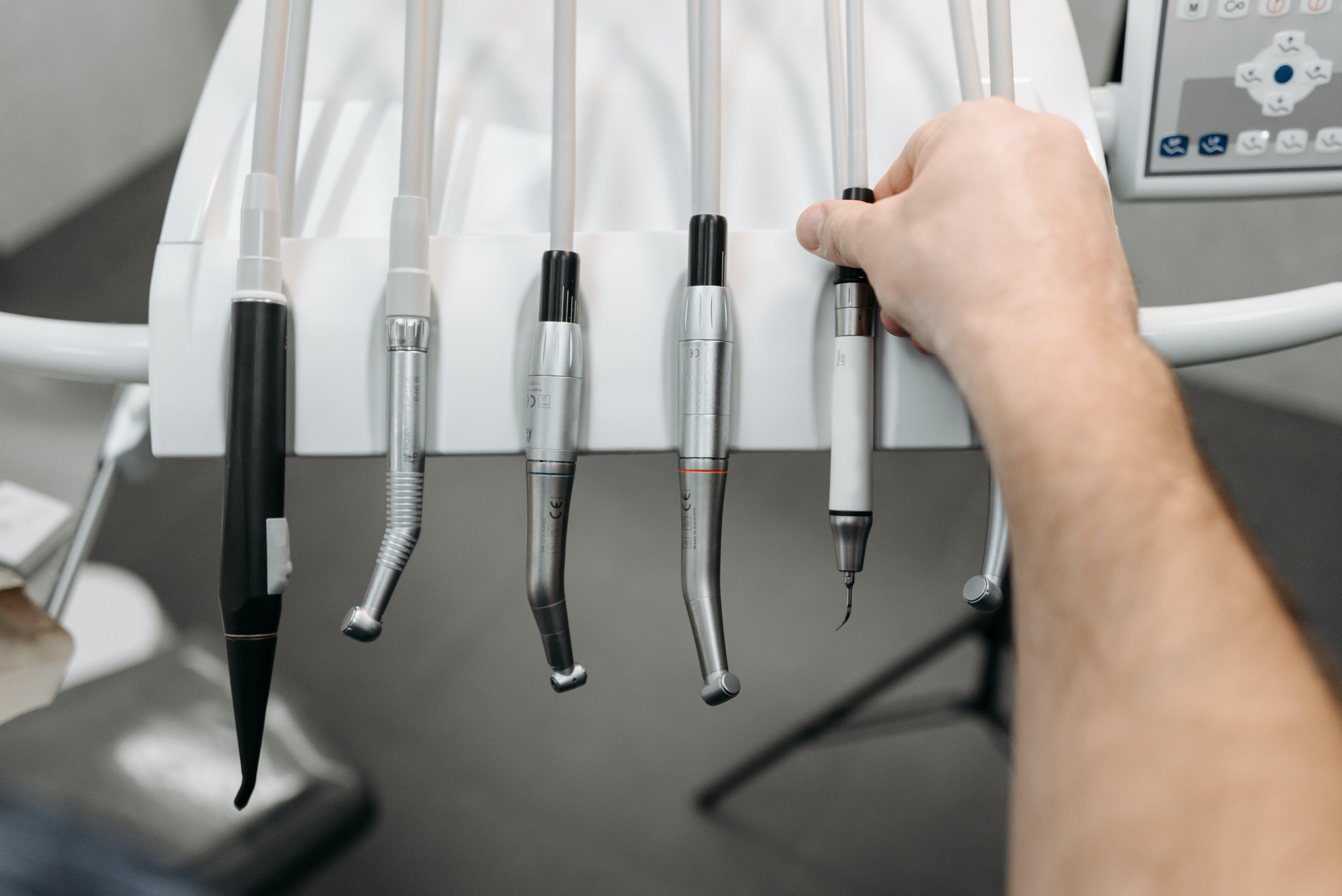

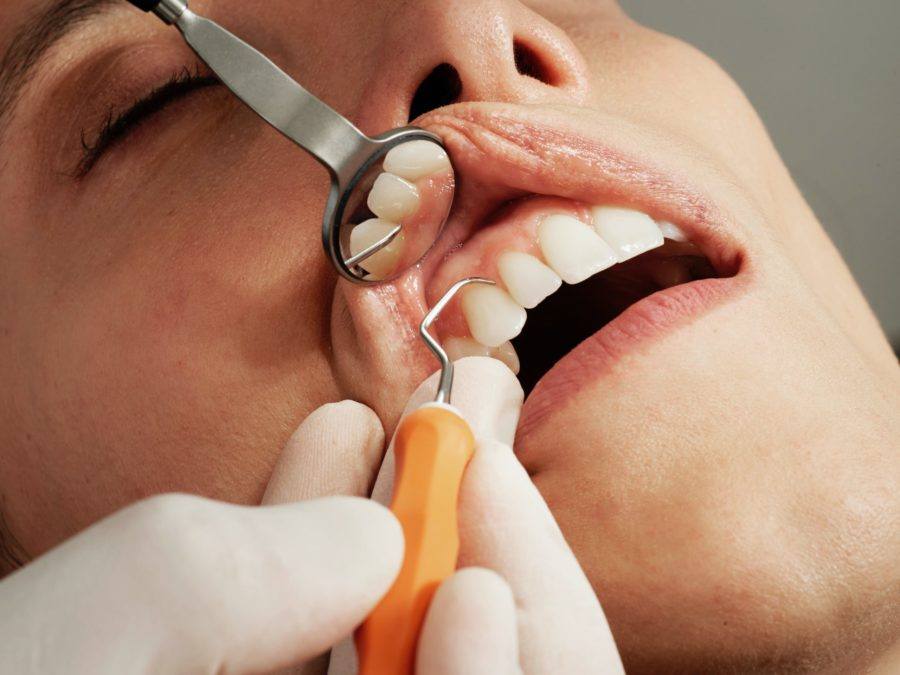
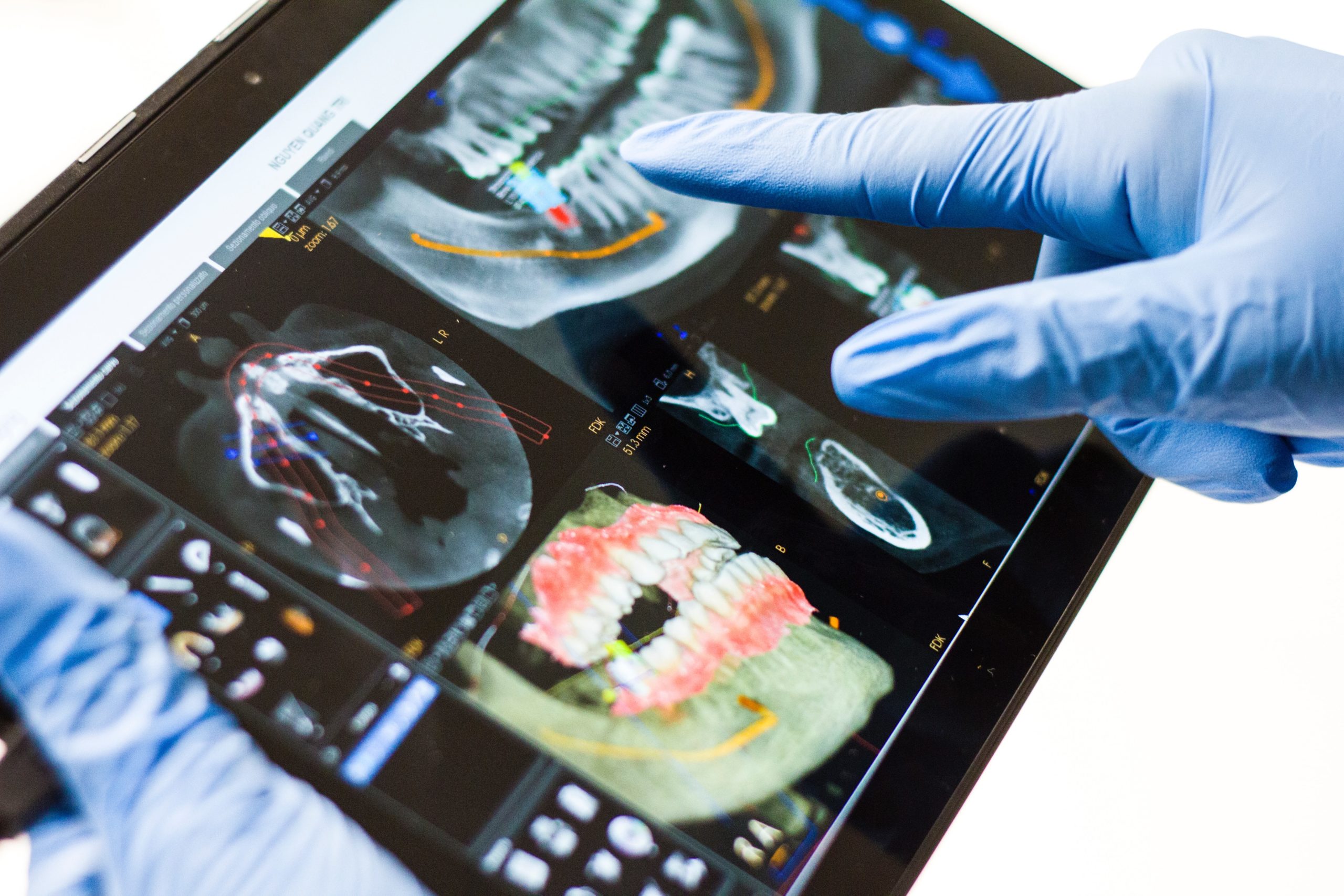
Leave a Reply
Your email is safe with us.
You must be logged in to post a comment.